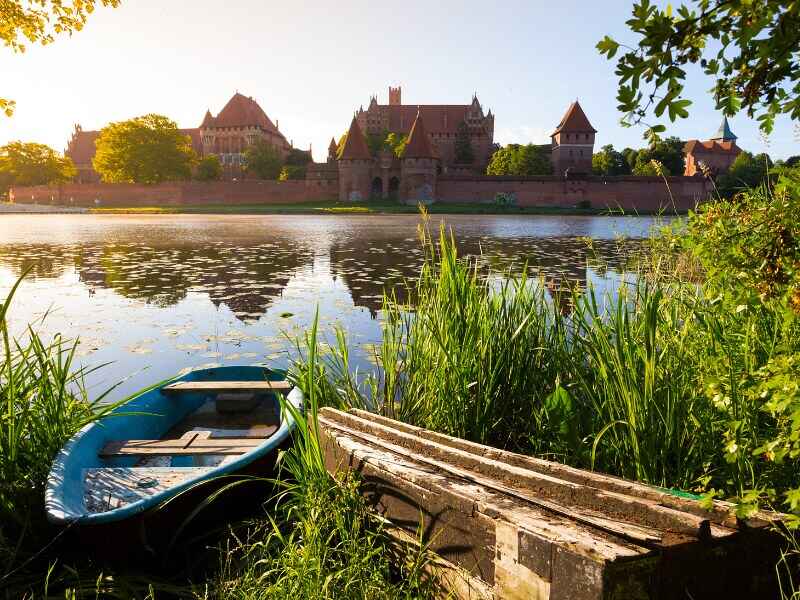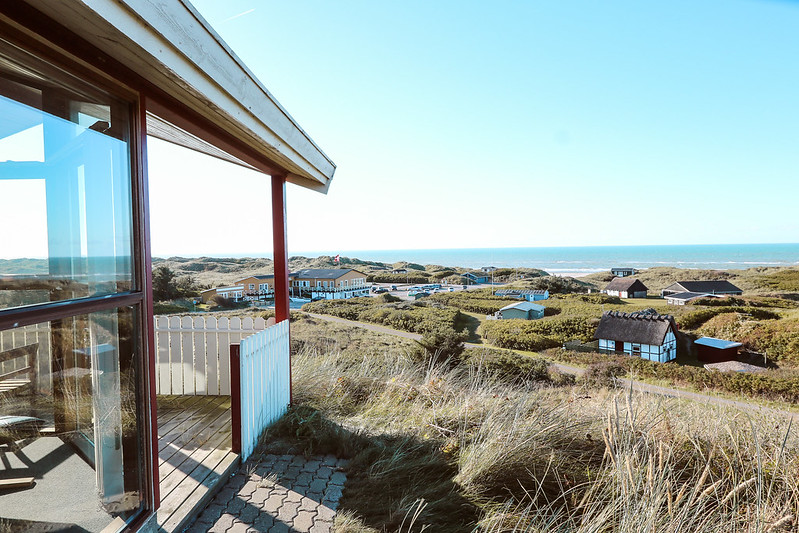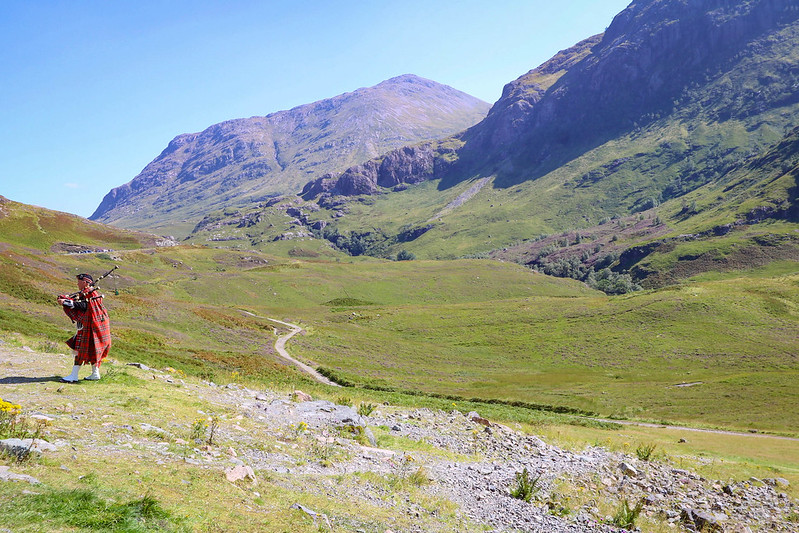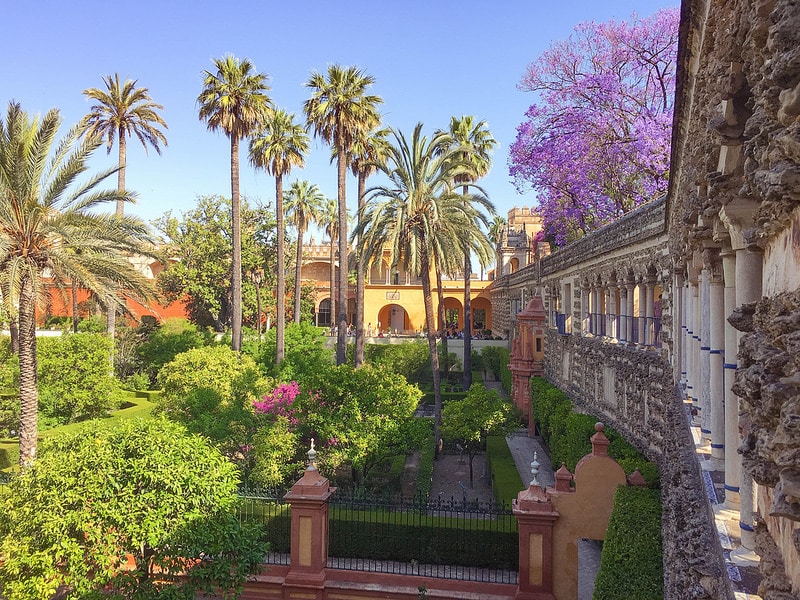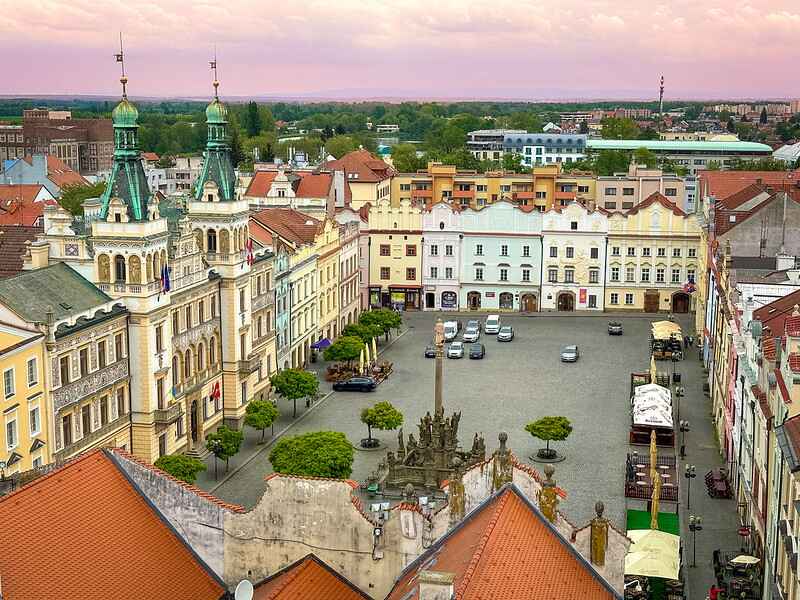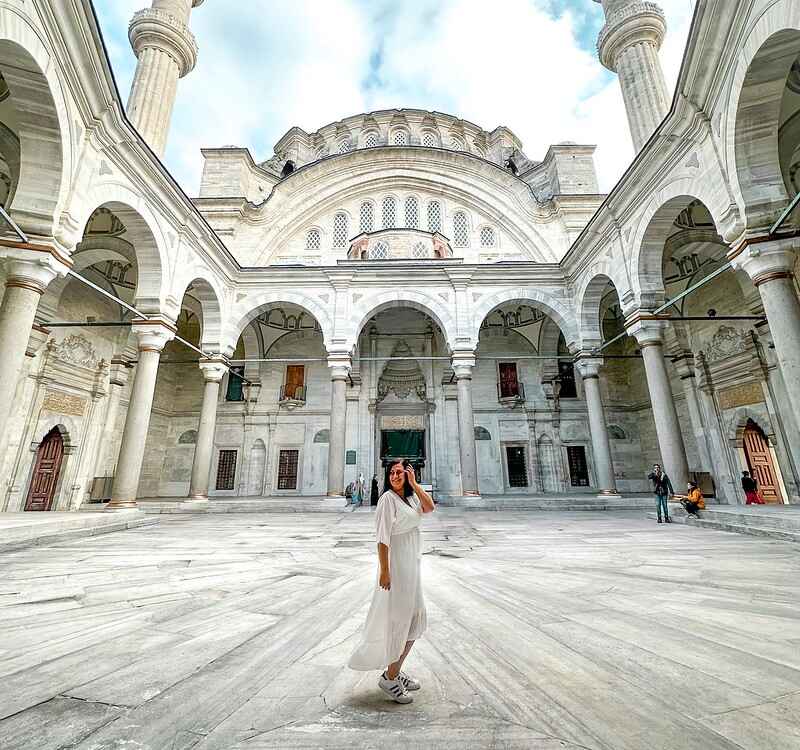The best and worst time to visit Denmark
Looking for the best and worst time to visit Denmark?
I live in Denmark and I’m happy to help.
There’s something to do here in every season, but this is Denmark, so expect the weather to be unpredictable all year round.
In this post, I’ll go over when to visit Denmark and the best things to do in each season. And if you’ve got any questions, you can ask them at the end of the post.
Let’s dive in.
This post contains referral links for products I love. Adventurous Miriam earns a small commission at no extra cost to you if you purchase through my links. I appreciate your support ♡ Learn more
The best and worst time to visit Denmark
Let’s break down the best and worst times to cruise the canals of Copenhagen or explore the rolling hills of the Danish countryside.
The best time to visit Denmark
The best time to visit Denmark is during the summer months of June, July, and August, and September when the weather is warmest and the days are long and bright.
This is the peak season for tourism, so expect more crowds and higher prices, but it’s also the time when you can fully enjoy the outdoor cafes, green spaces, and numerous festivals.
| Pros | Cons |
|---|---|
| Long, bright days | Higher prices |
| Warmer temperatures | Popular attractions can be overcrowded |
The worst time to visit Denmark
The worst time to visit Denmark is during the winter months of January and February.
The days are short, dark, and cold, and outdoor activities are very limited. The weather is dreary with overcast skies, and you’ll experience the least amount of daylight during this period.
| Pros | Cons |
|---|---|
| Fewer tourists | Short, dark days with limited daylight |
| Potential for off-season discounts | Cold and harsh weather |
Weather in Denmark
Denmark’s location in the North Temperate Zone leads to mild temperatures year-round.
When planning your trip, it’s key to consider the Danish Sea influence, which makes coastal areas windy. This affects both the perceived and the actual temperature, especially in winter, when the chill bites a bit harder.
Denmark’s weather is pretty unpredictable, so pack for rain and wind no matter the month.
| Month | Avg Temp (°F) | Avg Temp (°C) |
|---|---|---|
| January | 32-37 °F | 0-3 °C |
| February | 32-37 °F | 0-3 °C |
| March | 34-41 °F | 1-5 °C |
| April | 39-50 °F | 4-10 °C |
| May | 46-59 °F | 8-15 °C |
| June | 52-64 °F | 11-18 °C |
| July | 55-68 °F | 13-20 °C |
| August | 55-68 °F | 13-20 °C |
| September | 50-61 °F | 10-16 °C |
| October | 43-54 °F | 6-12 °C |
| November | 37-45 °F | 3-7 °C |
| December | 34-39 °F | 1-4 °C |
Things to do in Denmark in Spring
Visit the cherry blossoms in Copenhagen
Come April, the iconic cherry blossoms at Bispebjerg Cemetery are in full bloom.
It’s a sight not to miss, as the pink flowers create a stunning canopy. You’ll want to bring your camera along for this one.
Read next: 10 magical places to find Copenhagen cherry blossoms

Explore Copenhagen’s Tivoli Gardens as it reopens
When Tivoli Gardens opens its doors for the season, Copenhagen fully embraces spring.
Experience the rides, flowers, and special spring themes that transform this historic amusement park into a colorful haven.
Attend the Aarhus Food Festival to taste Danish cuisine
Foodies, rejoice! The Aarhus Food Festival showcases the best of Danish cuisine.
Tasting your way through this event gives you a real sense of Danish hygge and culinary craftsmanship.
Cycle around Copenhagen
Rent a bike and join the locals.
Cycling is a Danish staple, and in spring, it’s the ideal way to capture the essence of Copenhagen. You’ll enjoy the freedom of exploring at your pace and soaking in the city’s vibe.
Take a boat tour around the canals of Copenhagen
A boat tour through Copenhagen’s canals gives you a unique perspective of the city’s architecture and waterfronts.
It’s a fun way to learn about the local culture and history, with plenty of photo ops along the way.

Visit the Viking Ship Museum in Roskilde
A short trip from Copenhagen, the Viking Ship Museum in Roskilde gives you a peek into Denmark’s seafaring ancestry.
See ancient Viking ships and even try your hand at traditional Nordic crafts.
Things to do in Denmark in Summer
Enjoy the beaches on Bornholm Island
You’ll find some of the best beaches in Denmark on Bornholm Island.
The Baltic Sea water is clear and refreshing, perfect for a swim or sunbathing. Snorkeling is also popular here due to the visibility.
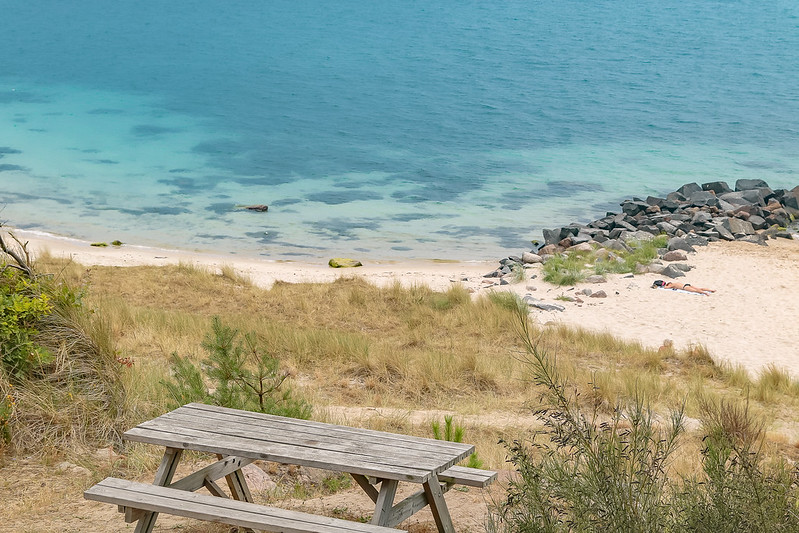
Attend Roskilde Festival, one of Europe’s biggest music festivals
If you love music, Roskilde Festival is a must-visit.
This iconic event is one of the largest in Europe and brings concerts from global artists each summer. Get ready for a lineup that spans various genres and electrifying live performances.
Explore the Danish Riviera’s white sandy beaches
Travel north of Copenhagen to the Danish Riviera.
Here, you can sunbathe on white sandy beaches and take a dip in the sea. The Riviera is a hit with visitors looking for a seaside escape close to the city.
Visit Legoland in Billund, a must for families and LEGO fans
Families and LEGO enthusiasts should head to Legoland in Billund.
It’s an imaginative world made of millions of LEGO bricks with rides and attractions to entertain the whole family.
Experience the Midsummer celebrations with bonfires
Midsummer in Denmark is a time for celebration.
You can join in the traditional events, which typically involve bonfires, songs, and gatherings with the community to enjoy the longest day of the year.
Take a wildlife safari at Knuthenborg Safari Park
On Lolland-Falster, you’ll find Knuthenborg Safari Park where you can try a wildlife safari.
Spot various animals in settings that mimic their natural habitats, and don’t miss the chance to see the park’s unique flora.
Read next: 10 unique things to do in Lolland-Falster
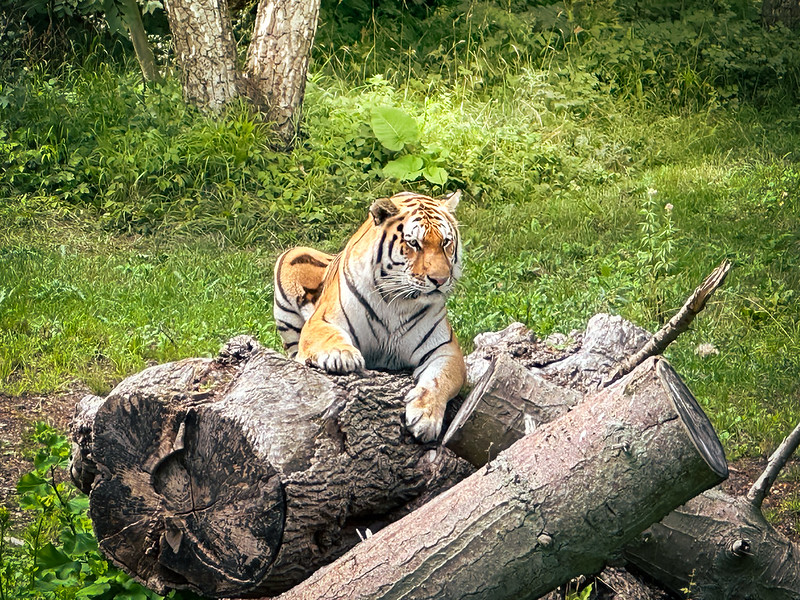
Things to do in Denmark in the Fall
Go apple picking and taste the season’s harvest
Funen, known as the garden of Denmark, is abundant with orchards. In the fall, you can pick apples straight from the trees, and taste fresh apple juice, or even cider.
Experience Halloween in Tivoli Gardens, Copenhagen.
Tivoli Gardens transforms into a Halloween wonderland with festive decorations and themed attractions.
Don’t miss this spooky and fun-filled experience in the heart of the city.
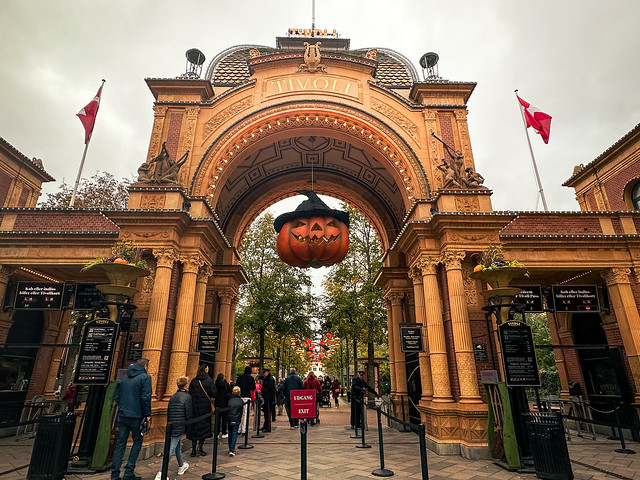
Walk through Rold Skov, Denmark’s largest forest.
Witness the changing leaves in Rold Skov.
Trek through the trails to enjoy the vibrant colors and crisp air that define Danish autumns.
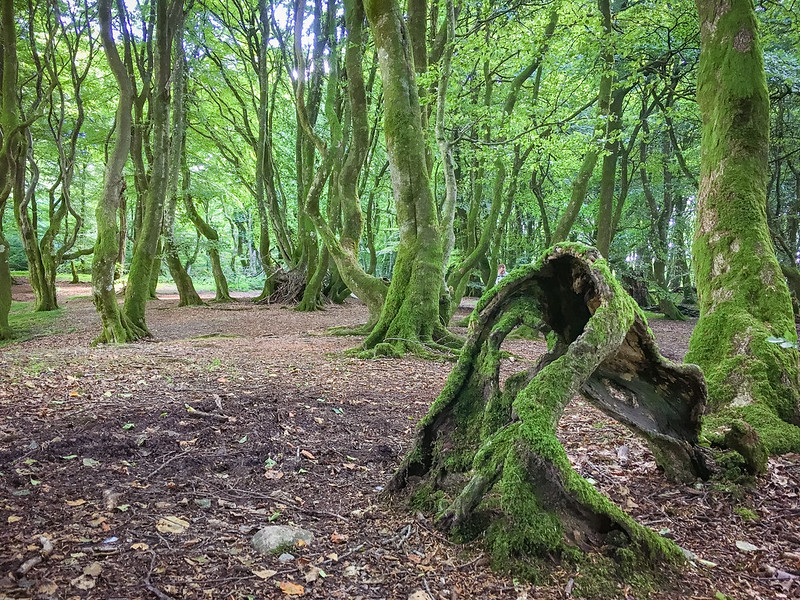
Visit the historic city of Odense
Odense pays tribute to its most famous resident, Hans Christian Andersen, with festivals and events. You can immerse yourself in the fairy tales and the city’s rich history.
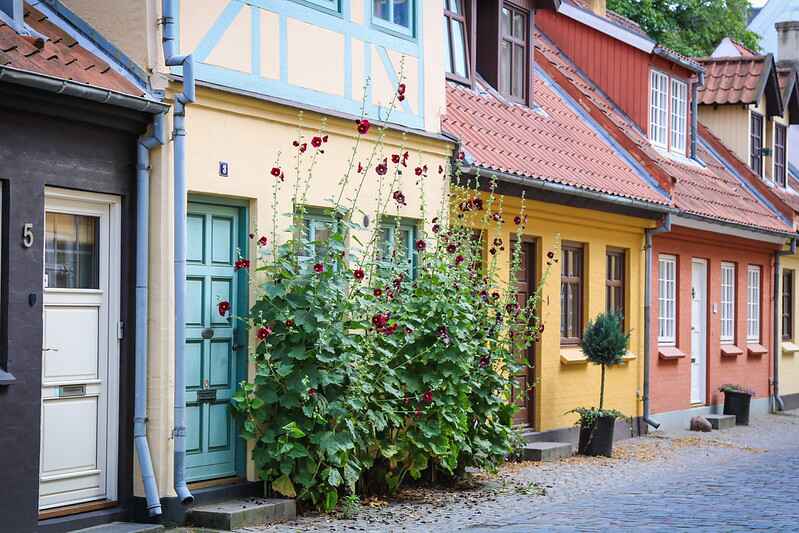
Enjoy the autumn colors at The Deer Park in Copenhagen
The Deer Park, or Dyrehaven, is a perfect spot to see autumn in all its glory. Stroll among the ancient trees and watch the deer roam freely.
Attend the Copenhagen Jazz Festival
Jazz enthusiasts can enjoy indoor and outdoor concerts across Copenhagen as part of the city’s renowned Jazz Festival. It’s an ideal way to soundtrack your fall visit.
Things to do in Denmark in Winter
Experience Danish Christmas markets
You can’t miss the Danish Christmas markets that pop up in November and December.
They’re a highlight of the holiday season with stalls selling handcrafted gifts, decorations, and seasonal treats.
In Copenhagen, the market at Kongens Nytorv showcases the city’s festive charm with its beautiful lights and cozy atmosphere.
Go ice skating at Frederiksberg Gardens
Wrap up warm and head over to the Frederiksberg Gardens for a spin on the ice skating rink, a popular activity during the winter months.
Surrounded by the classic architecture and the snow-dusted garden, ice skating here feels like stepping into a fairytale.
Visit the Kronborg Castle at Christmas
Explore Kronborg Castle, famously known as the setting of Shakespeare’s Hamlet, as it transforms into a traditional holiday market.
Discover Renaissance architecture while browsing the stalls for unique gifts and enjoying the historic ambiance in the typically freezing November and December weather.
Enjoy traditional Danish Christmas treats like æbleskiver
Danish winters are for indulging in comforting foods.
Treat yourself to delicious æbleskiver—round pancake puffs served with jam and powdered sugar.
They’re available at cozy cafes throughout Denmark; perfect for experiencing true Danish hygge on a cold day.
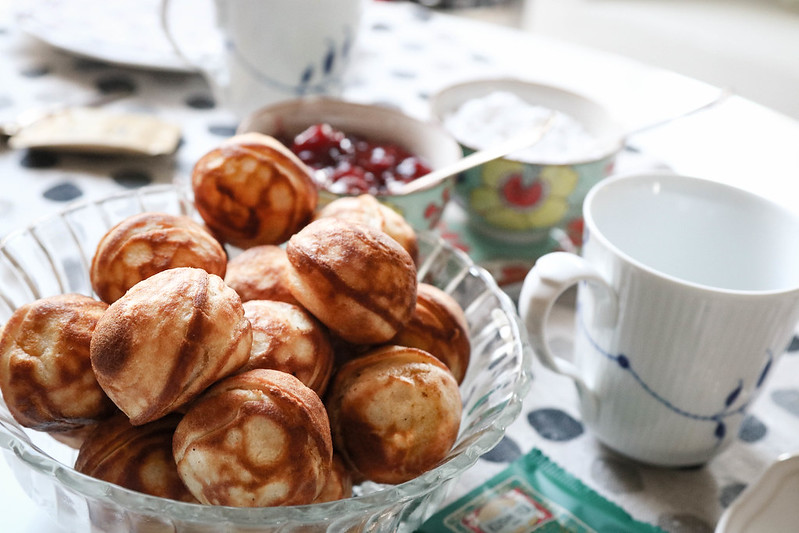
Attend the Copenhagen Light Festival
As the days get shorter and Copenhagen experiences freezing temperatures, the Copenhagen Light Festival brightens up the city throughout February. It’s an event that combines art, light, and architecture, creating a mesmerizing experience for everyone to enjoy.
Remember to book your accommodation in advance to secure good deals and discounts. Hotels in Denmark offer attractive rates during the winter season.
FAQ – When to visit Denmark
What is the best month to visit Denmark?
The best month to visit Denmark is typically July, offering warm weather and long daylight hours.
What is the rainy season in Denmark?
There’s no rainy season in Denmark, but the wettest period is June to January.
How many days are enough in Denmark?
Around 5 to 7 days are typically enough to get a good feel for Denmark, allowing you to explore the capital, Copenhagen, and a few other cities or attractions.
What is Denmark’s coldest month?
Denmark’s coldest month is usually February.
What is off-season in Denmark?
The off-season in Denmark is from November to March when the weather is colder and there are fewer tourists.
Is October a good time to go to Copenhagen?
Yes, October can be a good time to visit Copenhagen, as the city is less crowded and the autumn colors are beautiful, despite the cooler temperatures and potential for rain.
More posts you might like
- 25 fun facts about Denmark
- Is Denmark in the Netherlands?
- 30 unique places to visit in Denmark
- Denmark Road Trip: 6 amazing self-drive itineraries
- 80 useful Danish phrases you should know
Save it!


